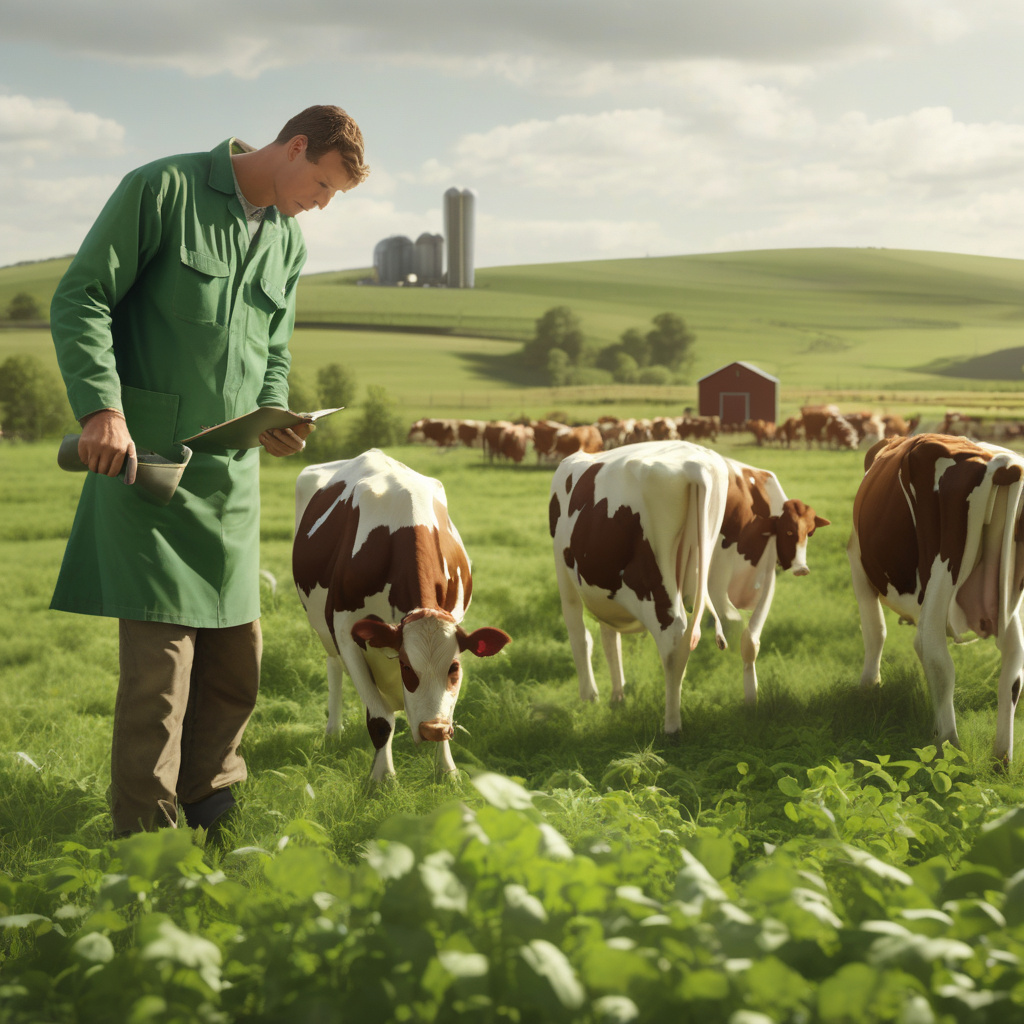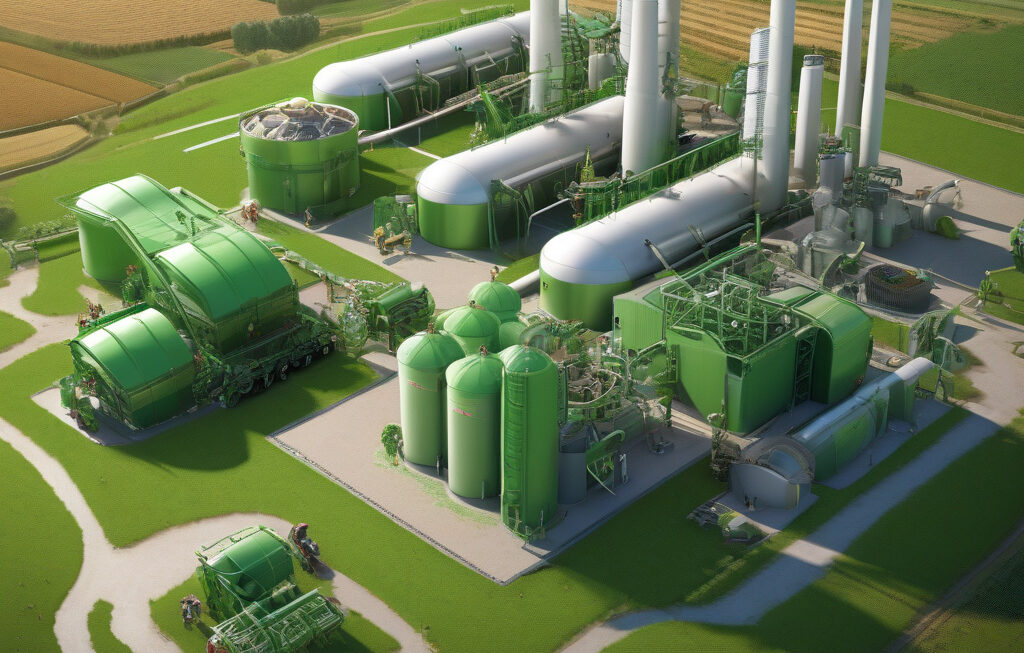Reducing Farm Methane Emissions Through Smart Management and High-Quality Forage
Methane emissions from livestock pose a significant challenge for sustainable farming practices, contributing to environmental issues such as climate change. However, there are effective strategies that farmers can employ to tackle this problem head-on. By implementing smart management techniques and opting for high-quality forage, farmers can significantly reduce methane emissions from their livestock operations.
One of the key approaches to lowering methane emissions is through optimizing grazing techniques. Rotational grazing, for example, involves moving livestock between different pastures on a regular schedule. This not only improves soil health and pasture productivity but also helps in reducing methane emissions. When animals are allowed to graze freely and have access to a variety of grasses and forage, their digestion is more efficient, resulting in lower methane production.
In addition to smart grazing practices, the quality of forage fed to livestock plays a crucial role in mitigating methane emissions. High-quality forage, such as alfalfa or clover, is more easily digestible for animals, leading to reduced fermentation in the gut and subsequently lower methane production. By prioritizing nutrient-rich forage options and ensuring a balanced diet for their livestock, farmers can promote healthier digestion and minimize methane output.
Furthermore, advancements in feed formulation and supplementation can also contribute to lowering methane emissions from livestock. By incorporating additives such as oils, tannins, or seaweed into animal feed, farmers can manipulate the digestive process to reduce methane production. These additives help to alter the microbial population in the animal’s gut, making the digestion process more efficient and lessening methane emissions.
The benefits of reducing methane emissions from livestock extend beyond environmental concerns. By adopting smart management practices and selecting high-quality forage, farmers can improve overall herd health and productivity. Healthier animals are more efficient at converting feed into growth, leading to better weight gain and reproductive performance. This, in turn, can result in economic benefits for farmers through increased productivity and reduced veterinary costs.
In conclusion, addressing methane emissions from livestock through smart management practices and high-quality forage is a win-win situation for both farmers and the environment. By implementing these strategies, farmers can play a vital role in sustainable agriculture while also enhancing the health and productivity of their livestock. It is crucial for the agricultural industry to embrace these innovative approaches to mitigate greenhouse gas emissions and pave the way for a more sustainable future.
The post about reducing farm methane emissions with smart management and high-quality forage originally appeared on Innovation News Network.
sustainablefarming, methaneemissions, smartmanagement, highqualityforage, livestockhealth












